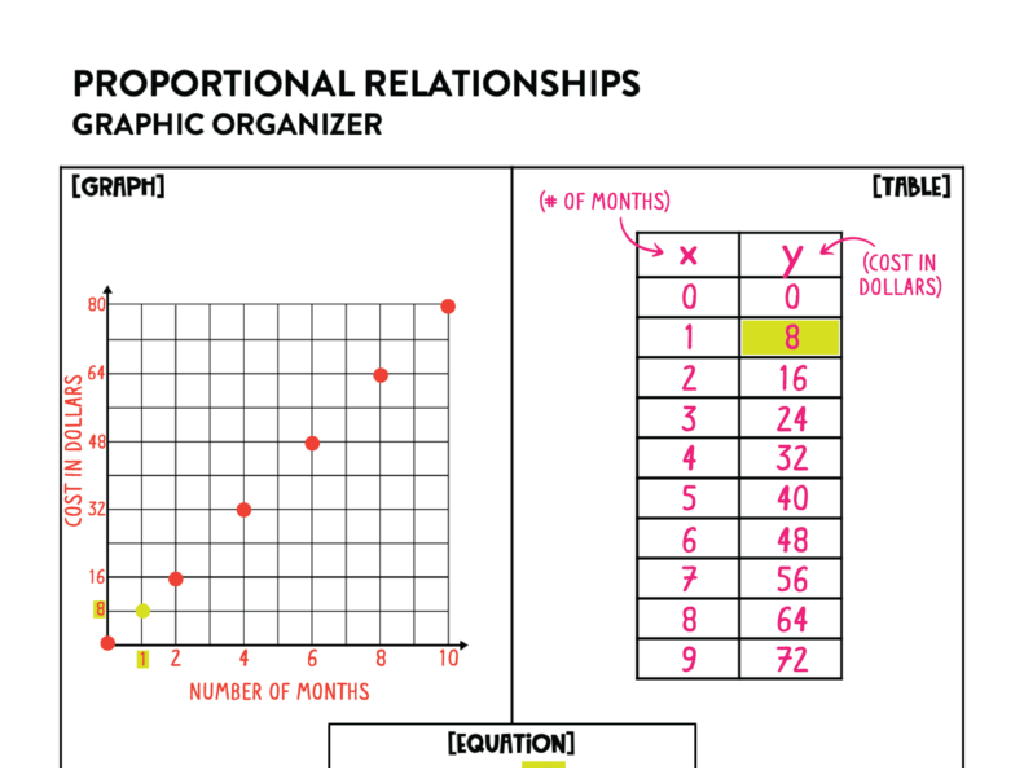Causes Of The American Revolution: Introduction To Mercantilism And The Navigation Acts
Subject: Social studies
Grade: Eighth grade
Topic: The American Revolution
Please LOG IN to download the presentation. Access is available to registered users only.
View More Content
Roots of the American Revolution: Mercantilism & Navigation Acts
– Mercantilism: Trade & Power
– Economic policy that nations must export more than import, amassing wealth.
– Navigation Acts: Trade Laws
– Series of laws restricting colonial trade benefiting England, limiting colonies.
– Impact on Colonies
– These policies and laws led to colonial discontent and desire for economic freedom.
– Steps to Revolution
– Accumulated grievances from these acts contributed to the revolutionary movement.
|
This slide introduces students to the economic causes of the American Revolution, focusing on mercantilism and the Navigation Acts. Mercantilism was the prevailing economic philosophy of the time, where wealth was power and was accumulated through a favorable balance of trade. The Navigation Acts were a series of laws that restricted colonial trade to England, aiming to ensure that only England benefited from colonial resources. These policies led to increasing dissatisfaction among the colonies, as they were unable to trade freely and were economically exploited. This discontent sowed the seeds of revolution, as the colonies began to seek independence and self-determination. The slide sets the stage for a deeper discussion on how economic factors can lead to political change.
Understanding Mercantilism
– Define Mercantilism
– Economic policy that trade generates wealth
– Colonies’ role in Mercantilism
– Colonies supplied raw materials to the mother country
– Trade imbalances from Mercantilism
– Colonies often forced to trade at unfavorable terms
– Mercantilism’s impact on colonies
– Led to colonial discontent and desire for independence
|
Mercantilism is an economic theory that was practiced by European powers during the 16th to 18th centuries, which posits that global wealth was static and nations must accumulate precious metals, usually by establishing colonies and controlling trade. Colonies played a crucial role by providing raw materials to the mother country and serving as markets for finished goods. This system often led to trade imbalances, with colonies facing unfavorable trade terms and restrictions, such as those imposed by the Navigation Acts. These imbalances contributed to economic hardships in the colonies and growing resentment towards the mother country, which were among the factors that fueled the desire for independence and ultimately the American Revolution. In the next class, we will discuss the specific Navigation Acts and their effects on colonial economy and sentiments.
The Navigation Acts and Colonial Trade
– Overview of the Navigation Acts
– Series of laws restricting foreign ships in trade with Britain and its colonies
– Key components of the Acts
– Laws included rules on shipping routes, goods, and crew composition
– Impact on colonial trade
– Acts favored England but limited colonial trade and manufacturing
– Colonial response to the Acts
– Led to increased tension and resentment towards British policies
|
The Navigation Acts were a series of laws passed by the British Parliament that regulated trade between England and its colonies. Students should understand that these Acts were designed to ensure that only England benefited from colonial trade. Key components included restrictions on the use of foreign ships and specified that certain ‘enumerated’ goods could only be shipped to England or its colonies. The impact on the colonies was profound, leading to a stifling of colonial manufacturing and increased smuggling. This slide will explore how these Acts contributed to the growing discontent that eventually led to the American Revolution. Encourage students to consider how these laws might have felt restrictive and unfair from the colonists’ perspective.
Effects of Mercantilism and Navigation Acts
– Reasons for colonial discontent
– High taxes, trade restrictions led to unrest
– Impact on colonial economy & society
– Trade limits hurt colonial businesses and fueled social strife
– Sparking colonial resistance
– Harsh laws and policies prompted calls for change
– Navigation Acts’ role
– Acts controlled colonial trade, benefiting England at colonies’ expense
|
This slide aims to explain the negative effects of mercantilism and the Navigation Acts on the American colonies, which contributed to the growing discontent leading up to the American Revolution. Mercantilism, with its emphasis on trade for the benefit of the mother country, often at the expense of the colonies, coupled with the restrictive Navigation Acts, led to economic hardship and social unrest in the colonies. These policies limited the colonies’ ability to trade freely and grow economically, leading to widespread dissatisfaction and ultimately resistance. The Navigation Acts, in particular, were seen as a direct affront to the colonies’ desire for economic autonomy and were instrumental in the push towards rebellion. Students should understand how these economic policies were not just financial in nature but also had profound social and political implications that contributed to the revolutionary spirit of the time.
Case Study: The Sugar Act of 1764
– Overview of the Sugar Act
– A British law that imposed taxes on sugar, molasses, and other goods.
– Sugar Act as Mercantilism
– The act aimed to protect British economic interests by controlling trade.
– Colonial reaction to the Act
– Colonists protested the tax, citing ‘no taxation without representation’.
– Impact on American Revolution
– This act fueled discontent and was a step towards revolution.
|
The Sugar Act of 1764 was a pivotal event that contributed to the American Revolution. It serves as an example of mercantilism, where the British government regulated colonial trade for its own benefit. The act imposed taxes on sugar and molasses, which were significant commodities in the colonial economy. The colonial response was one of the first organized protests against British taxation, laying the groundwork for the argument against taxation without representation. This discontent among the colonists played a crucial role in the escalation of tensions that eventually led to the American Revolution. Discuss the broader implications of the Sugar Act on the relationship between Britain and the colonies, and how it contributed to the revolutionary sentiment.
Economic Policies to Revolution: Mercantilism & Navigation Acts
– Mercantilism’s role in revolution
– Mercantilism favored England, colonies provided raw materials and bought English goods.
– Navigation Acts’ impact
– Acts restricted colonial trade, benefiting England but hurting colonial economy.
– Shift from compliance to rebellion
– Harsh trade laws and taxes led to colonial discontent and acts of defiance.
– Seeking independence
– Colonists wanted economic freedom and self-governance, leading to revolutionary thoughts.
|
This slide aims to connect the economic policies of Mercantilism and the Navigation Acts to the growing desire for American independence. Mercantilism created a system where the colonies were exploited for the benefit of the British economy, providing raw materials and serving as a market for British goods. The Navigation Acts further restricted colonial trade, ensuring that commerce benefited England, often at the colonies’ expense. Over time, these policies contributed to a gradual shift in colonial attitudes from compliance to rebellion as they felt the economic strain and desired autonomy. The slide will discuss how these economic grievances sowed the seeds for the desire for independence, setting the stage for the American Revolution. Encourage students to think about how economic policies can affect political relationships and lead to significant historical events.
Role-Play Debate: Navigation Acts
– Divide into British Parliament and Colonial Merchants
– Argue for/against Navigation Acts
– Use today’s lesson for arguments
– Consider mercantilism principles and how they impact your role’s viewpoint
– Present your debate to the class
|
This class activity is designed to deepen students’ understanding of the Navigation Acts and their role in escalating tensions leading to the American Revolution. By role-playing as members of the British Parliament and Colonial Merchants, students will explore the different perspectives and arguments surrounding these acts. Encourage students to use information from today’s lesson on mercantilism and the Navigation Acts to craft their arguments. Provide guidance on how to structure a debate and how to use persuasive language. Possible activities for different students could include preparing opening statements, rebuttals, and closing arguments, or acting as mediators and audience members who can ask questions. This interactive approach will help students engage with the historical content and develop critical thinking and public speaking skills.






